11 Essential Tips To Get Thicker Hair + Dos And Don’ts
A healthy diet and using the right products are the secrets to thick and healthy hair.
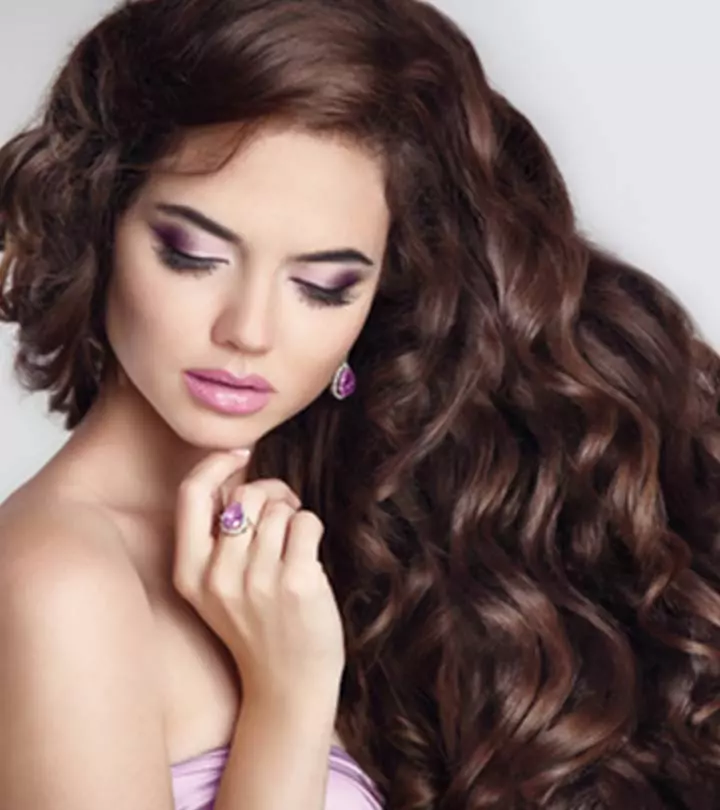
Image: Shutterstock
If you are ready to go to any lengths to make your hair thicker, you are not alone. Thick and glossy tresses are not only a mark of beauty but also a sign of good health. In fact, the quality of your locks is significantly affected by your overall health. A poor diet, chronic illness, and hormonal fluctuations are some of the health conditions that can cause weak hair and hair loss (1). Therefore, simply changing your hair products rarely combats hair thinning and hair loss. To get healthier and thicker hair, you need to fix your fitness routine and your diet along with your hair care regimen. Let’s look at the causes of hair thinning and all the things you can do to make your hair thicker.
In This Article
What Causes Thinning Hair?
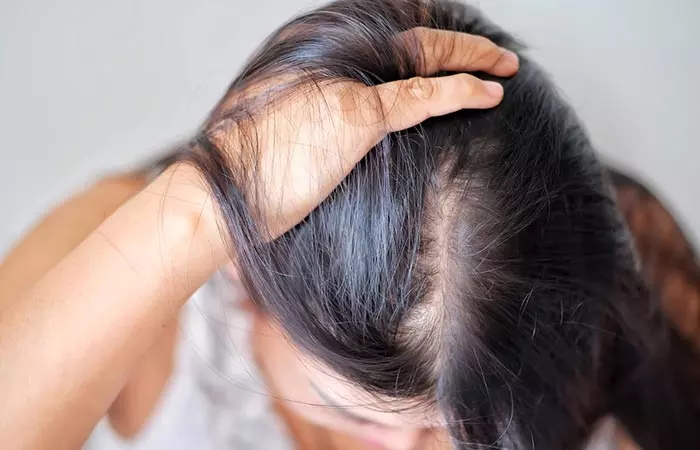
Chronic illness, vitamin deficiencies, and even certain hairstyles can lead to excessive hair loss. Here are a few common causes of thinning hair:
- Heredity
Hereditary hair loss is the most common cause of hair loss worldwide. Both men and women suffer from this type of hair loss known as androgenic alopecia, male pattern baldness, and female pattern baldness. Hereditary hair loss usually sets in with aging and is gradual. In men, it is mostly characterized by a receding hairline and bald spots, while in women, there is a diffuse thinning of hair, especially along with the crown of the scalp.
 Did You Know?
Did You Know?- Medical Conditions
Various medical conditions can lead to excessive hair fall and hair thinning in both men and women. Such hair loss might be temporary or permanent. Scalp infections like ringworm, autoimmune conditions like alopecia areata, and the hair-pulling disorder called trichotillomania are some medical conditions that could lead to thinning hair.
- Nutritional Deficiencies
Deficiencies of vitamin B12, vitamin D3, folic acid, certain amino acids, and vital minerals can cause your hair to fall or thin out (3). Usually, taking supplements to cure such deficiencies helps reverse hair fall and promote regrowth after a few months.
- Hormonal Changes
Your hair health is regulated by the hormones in your body. Hormonal imbalances often manifest in the form of excessive hair fall and hair thinning. Hormonal changes due to pregnancy, childbirth, and menopause can cause hair loss in women. Thyroid imbalances also have a negative impact on hair health (4). Hair loss due to hormonal imbalances is often temporary.
- Medications And Supplements
Hair thinning is a common side effect of numerous medications and supplements. Chemotherapy drugs cause extensive hair thinning and hair loss, as do certain drugs used for treating heart problems, arthritisi An inflammation, swelling, or stiffness of one or more joints, causing pain that worsens with age. , and gouti A complex form of inflammatory arthritis (joint pain) characterized by severe pain and tenderness in the joints. (5), (6). Some birth control pills can also cause hair thinning. Drug-induced hair loss is often temporary. Regrowth is observed in many cases once the patient stops using the drug.
- Excessive Stress
A major physical or emotional shock is claimed to lead to a gradual thinning of hair over several months. The traumatic incident could be physical, emotional, or both. People often notice a general thinning of hair weeks after undergoing surgery, an accident, a divorce, or a loved one’s death. This type of hair loss is temporary.
- Hairstyles And Treatments
Some hairstyles that pull your hair tight, such as ponytails or cornrows, can lead to traction alopecia, a type of hair loss. Hot oil treatments and chemical treatments like bleaching can also trigger hair loss. Even though such hair loss is usually temporary, it could be permanent if scarring occurs.
Now that you know the various factors that can contribute to hair thinning or hair loss, it is natural to wonder if hair thinning is reversible. Find out below!
Key Takeaways
- Factors such as genetics, nutritional deficiencies, and stress may cause hair thinning.
- Eat a nutritious diet rich in vitamins D and B12 to meet all the nutritional requirements for combating hair fall.
- Include scalp massages with oils and use suitable hair care products for nourishment and hair growth.
- Avoid chemical treatments and heat styling tools as they dry and damage your hair.
Is It Possible To Restore Thinning Hair?
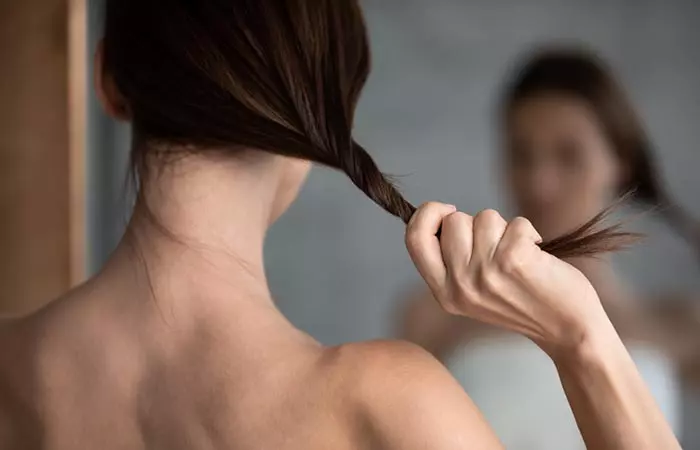
Thinning hair can be very distressing for the individuals experiencing it. Thankfully, here is some good news: Hair loss, in many cases, is reversible if caught in time. To determine the root cause behind your hair loss, it is advised to get a proper medical check-up done. Your blood work results will reveal if you suffer from any nutritional deficiencies or hormonal imbalances that may be responsible for your hair loss. Consult your doctor or a trichologist for professional advice on how to reverse hair thinning and get thicker hair.
Here are a few tips to make your hair look fuller and thicker.
Effective Tips For Getting Thicker Hair
Every individual’s hair is different, and what might work for one might not be that effective for another. However, some basic rules of healthy hair like eating a nutritious diet and maintaining a proper hair care routine apply to everyone. Try these thick hair tips, and we are sure you will observe a marked difference in your hair health after a few weeks.
1. Eat A Healthy Diet

Micronutrients like vitamins and minerals play a key role in determining your hair health. Deficiencies of iron, vitamin D, amino acids, folate, vitamin B12, and selenium can have a drastic effect on your hair health and may lead to weak hair and hair fall (3). The first step towards growing thicker hair is to eat a well-balanced diet that is rich in these micronutrients. Be sure to include hemp seeds, flax seeds, pumpkin seeds, almonds, green leafy vegetables, fresh fruits, and a variety of beans and legumes in your diet.
2. Take Vitamin Supplements
Our food alone is often not enough to meet all our nutritional requirements, especially if you have tested positive for any vitamin or mineral deficiency. In such a case, ask your doctor about suitable supplements. Vitamin D3 deficiency is common across the globe and has been linked to hair loss (3). Check with your doctor if your levels are normal and start taking a supplement under their guidance if you have a deficiency.
3. Use Volumizing Hair Products
products are formulated to make your hair look fuller and thicker. If thinning hair is affecting your sense of confidence, you should consider investing in a good-quality volumizing shampoo and conditioner. Volumizing shampoos are formulated to provide your hair with a bounce to create an illusion of volume and fullness. While they do not make your hair thicker, they do make your hair look bouncier and fuller.
4. Opt For Oil Massages
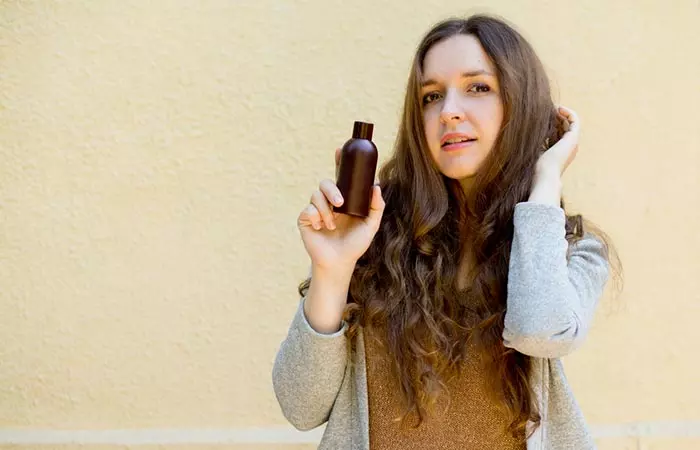
Massaging your scalp with natural oils stimulates the hair follicles and can promote hair growth (7). Besides boosting hair growth, using oils helps make your hair softer and easier to manage as they also ensure adequate hydration. Oils work as conditioners and sealants as well. Make oil massages a regular part of your hair care routine to experience better scalp and hair health in the long run. Coconut oil, olive oil, almond oil, jojoba oil, and grapeseed oil can be used for massaging your scalp and boosting hair shine.
A blogger shares how she maintains the thickness of her 4b/4c natural hair. In one of her blog posts, she writes, “Over the past few weeks, I’ve been getting so many comments from naturalistas wanting to know how I grow and maintain [my] thick hair (i).” She continues, “So I’m going to start with the basics. Jamaican castor oil helps aid hair growth and promote thickness of the hair strands. I apply it the night before every wash (usually every 2 weeks), then massage it into my scalp for about a minute.”
5. Choose The Right Hair Care Products
The importance of choosing the right products for your hair can never be overemphasized! Different hair types have different needs, and you should choose products that have been specifically formulated for your hair type to add volume and texture to your tresses. While several effective hair care products are available in the market, you can also choose to go the natural way and make your own DIY hair care products customized to cater to your unique hair care needs.
6. Consult A Dermatologist
Experiencing excessive hair loss can cause extreme distress and affect your mental health. It can also be a sign of a serious underlying medical condition. If you are experiencing hair loss for several months and no remedy seems to be working, it is time to seek professional advice. Consult a dermatologist. They will examine your hair and scalp and help you deal with conditions like hair loss, breakage, alopecia, and trichotillomania (8).
7. Focus On Holistic Health Care
Hair health is intricately connected to other aspects of your physical and emotional well-being. Simply switching hair care products is not enough to make your hair grow thicker. A holistic approach to hair health is recommended to improve and sustain the quality of your hair over a prolonged period. Include holistic health care practices like meditation, exercise, emotional healing, yoga, etc., in your lifestyle to improve your overall physical and mental health (9).
8. Include Essential Oils In Your Hair Care Routine
have been in use in cosmetology for a long time. Many essential oils like lavender oil, peppermint oil, and rosemary oil are known for promoting hair growth in humans and have effectively treated hair loss (10). Make a fragrant massage oil by mixing 4-5 drops of peppermint or lavender essential oil with two tablespoons of either olive or coconut oil to make an anti-hair fall protein treatment. You can also mix a few drops of your favorite essential oil in your shampoo or conditioner.
9. Ask Your Doctor For A Minoxidil Prescription

Minoxidil is an FDA-approved drug prescribed for treating baldness. Topical minoxidil is often used to treat androgenetic alopeciai An autoimmune disorder that attacks hair follicles and causes hair loss from the scalp or other areas of the body. and other hair-related conditions. It has been proven for its efficacy in treating baldness and promoting hair regrowth (11). If you are deeply bothered by your thinning hair, consult your doctor and ask for a minoxidil prescription. While minoxidil might not work for everyone, it is generally seen to be effective in making hair thicker and fuller. It is available in the forms of tablets, liquid, and foam.
10. Opt For Home Remedies
Home remedies may be an effective way to achieve thicker hair. DIY hair masks and treatments harness the power of natural ingredients to nourish your locks and promote hair growth.
Ingredients like eggs, aloe vera, and henna are common in hair masks. The nutrients found in eggs may help promote scalp health and prevent hair loss. They work by stimulating and nourishing the scalp and fortifying the hair roots (12). Aloe vera gel soothes scalp irritation and supports a healthy environment for hair growth (13), (14). Henna helps reduce hair loss and improves hair texture and thickness (15).
These natural remedies not only spare you from the harsh chemicals used in store-bought masks but also encourage healthier hair. They are a cost-effective and sustainable approach to achieving the thicker hair you desire.
11. Scalp Health
Maintaining good scalp health is also crucial for promoting hair growth and overall healthy tresses. You can invest in scalp scrubs that aid in removing dead skin cells and product buildup and improve blood circulation in the scalp. In addition, use clarifying shampoos weekly that offer deep cleansing and promote a balanced, clean scalp environment.
 Quick Tip
Quick TipWondering how long it takes for your hair to become thicker? Find out in the next section!
How Long Does It Take For Your Hair To Become Thicker?
Growing thicker hair from the roots can take a few weeks to a few months. If you have thinning hair and are looking to reverse it, you need to adopt a holistic approach to hair care to restore your hair’s thickness.
Be patient and commit yourself to a regular hair care regimen that includes hot oil massages. If you are consistent with your hair care practices, you will begin to notice your hair getting thicker within a few months of starting the treatments.
We have outlined a few helpful tips below that you can follow to achieve the thick, long hair of your dreams.
Easy Tips For Thicker Hair: Dos And Dont’s
- Dont wash your hair too frequently, and try going for longer periods between washes.
- Ditch heat-styling tools like blowdryers, flat irons, and curling irons as they dry out and damage your hair.
- Avoid chemical treatments and bleaching.
- Stay hydrated and drink enough water.
- Cover your hair with a hat or a scarf when stepping out in the sun to protect it from UV damage.
- Brush your hair gently twice a day. Avoid over-brushing.
- Use gentle and non-toxic hair care products.
- Avoid brushing your hair when it is soaking wet.
- Get a trim regularly, preferably every 6-8 weeks.
- Choose a hairstylist who understands your genetic hair type.
- Opt for a shorter hair cut as it makes your hair look fuller.
Infographic: Hair Oils That Aid Thick Hair Growth
There are many ways to maintain your hair health effectively. You can achieve the bouncy, thick mane that you always wanted with some proper care. But adding hair oil to your hair care routine can take your hair game to the next level! Certain oils offer essential nutrients to the hair follicles as well as hydrate and protect the hair. Click on the infographic below to check out the best hair oils for growing thicker hair. Illustration: StyleCraze Design Team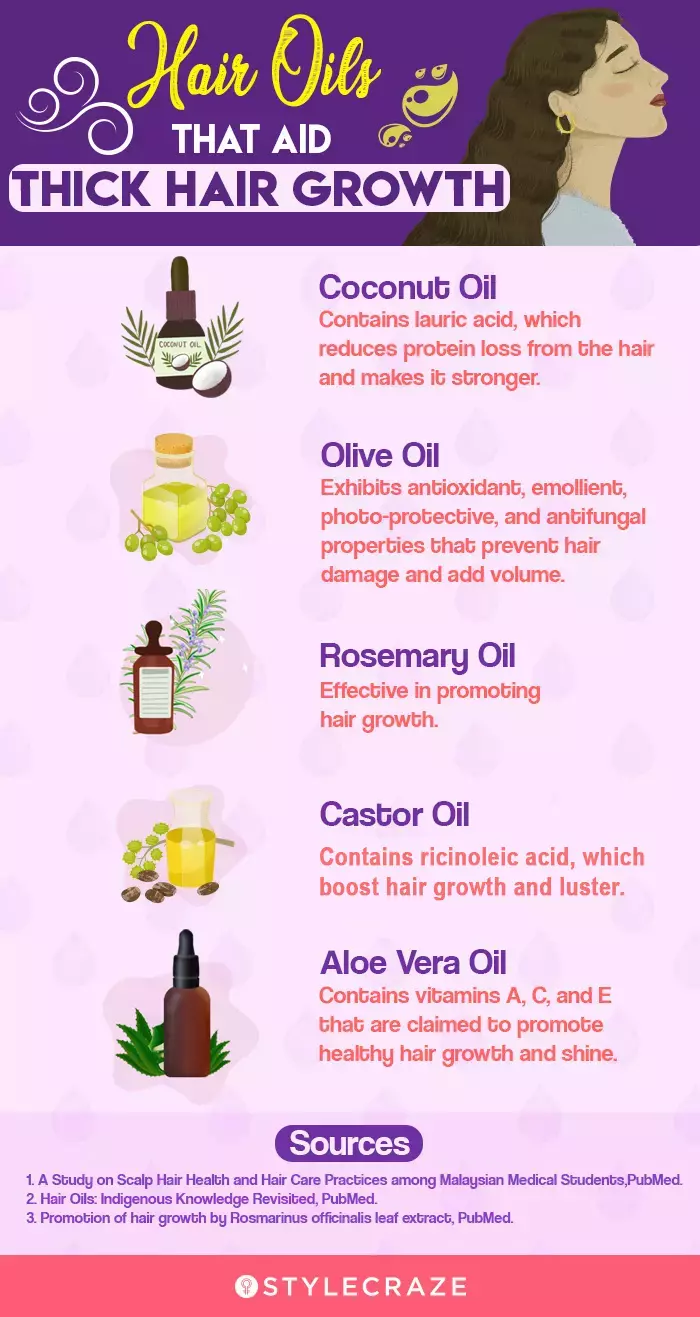
Thick and healthy locks are a sign of good health. But, many factors like heredity, medical conditions, nutritional deficiencies, hormonal changes, and excessive stress may cause thinning of the hair. However, you can make your hair thicker by following some effective tips. Eating a healthy diet, taking vitamin supplements, using volumizing hair products, opting for oil massages, choosing the right hair care products and leading a positive lifestyle can make your hair thicker. Also, minimizing your hair washing frequency, avoiding heat styling tools, staying hydrated, and getting a trim regularly may help to achieve thick, long hair.
Frequently Asked Questions
What vitamins thicken your hair?
Studies found that Vitamin D can improve hair growth and thickness. Biotin, iron, and zinc supplements may also promote hair growth if hair loss is caused by their deficiency (4).
Does coconut oil thicken hair?
Yes. Coconut oil can penetrate deep into the hair shaft and prevent protein loss (16). This helps reduce hair breakage and improve thickness.
Does castor oil thicken hair?
There is no scientific evidence supporting the efficacy of castor oil for hair thickness. However, anecdotal evidence claims that it may promote hair growth and thickness.
Illustration: Essential Tips To Get Thicker Hair + Dos And Don&039ts
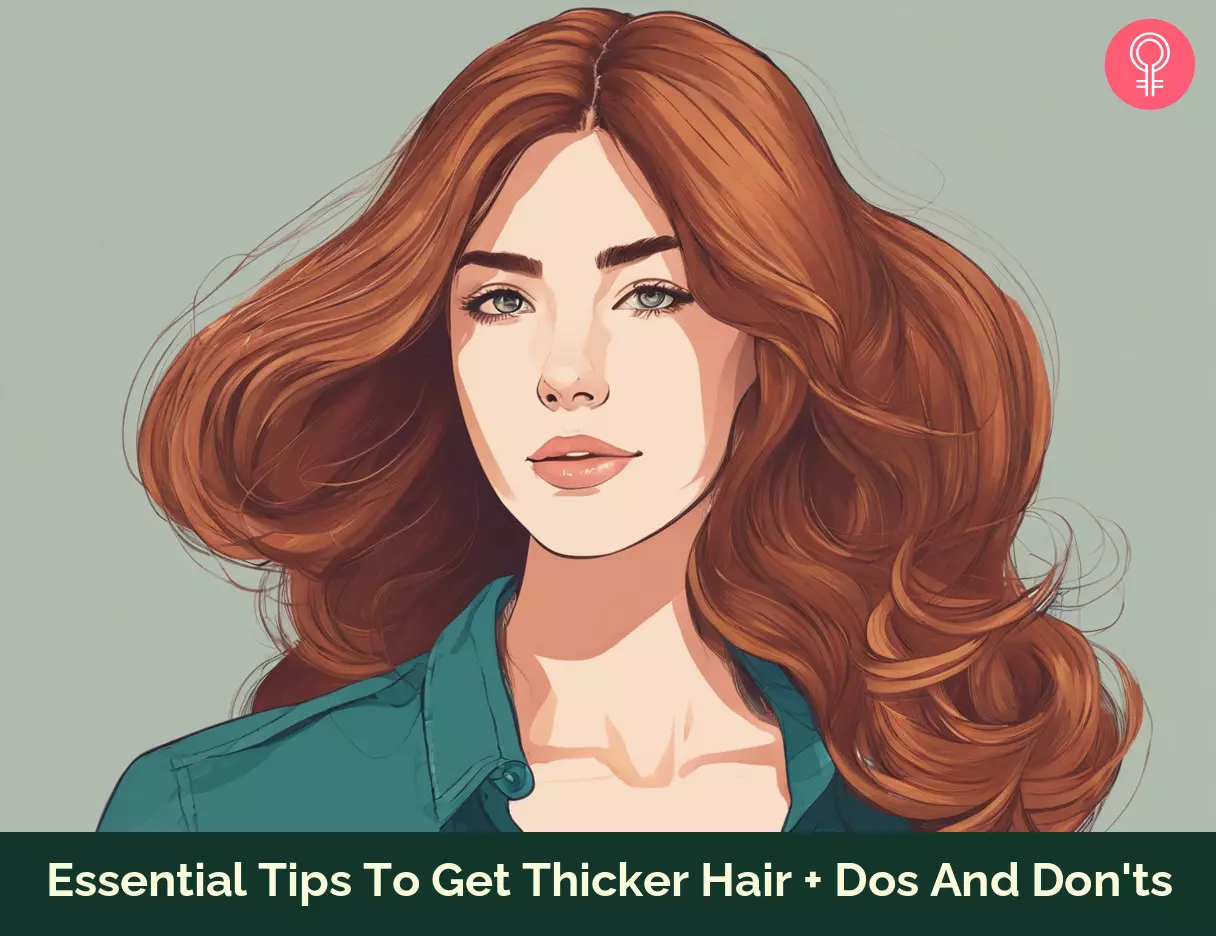
Image: Stable Diffusion/StyleCraze Design Team
Read full bio of Dr. Shruti Chavan
Read full bio of Arshiya Syeda
Read full bio of Ramona Sinha
Read full bio of Medha Deb





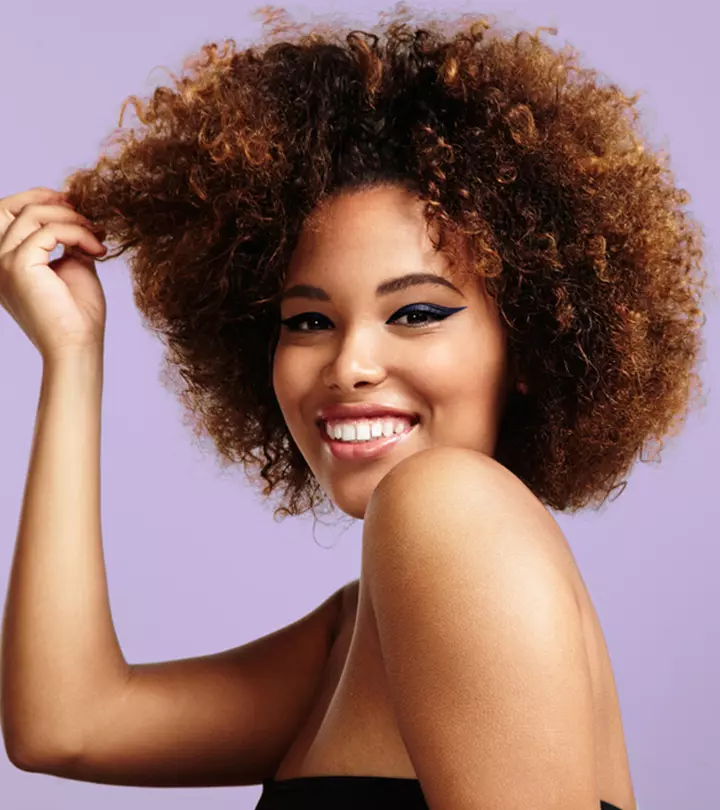
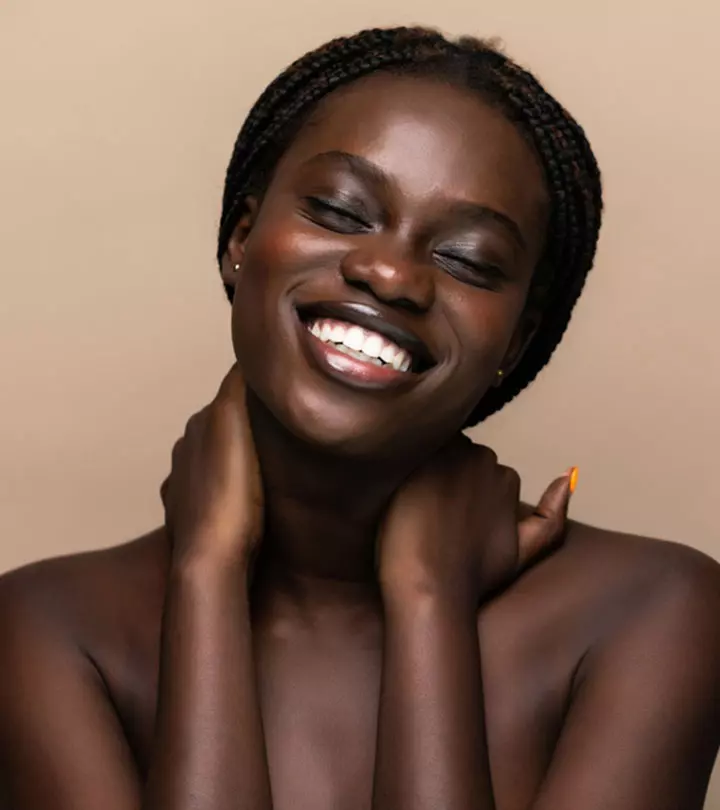
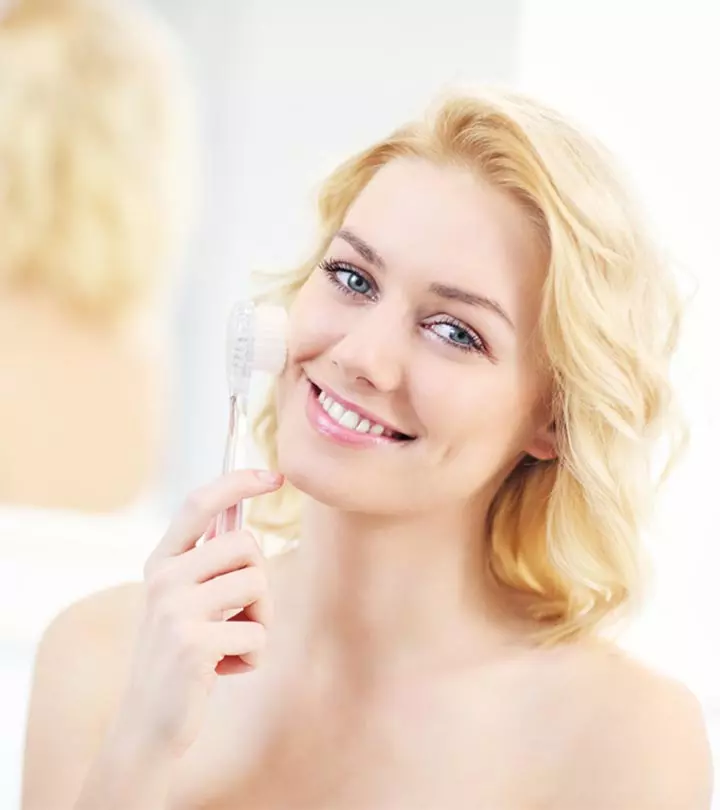
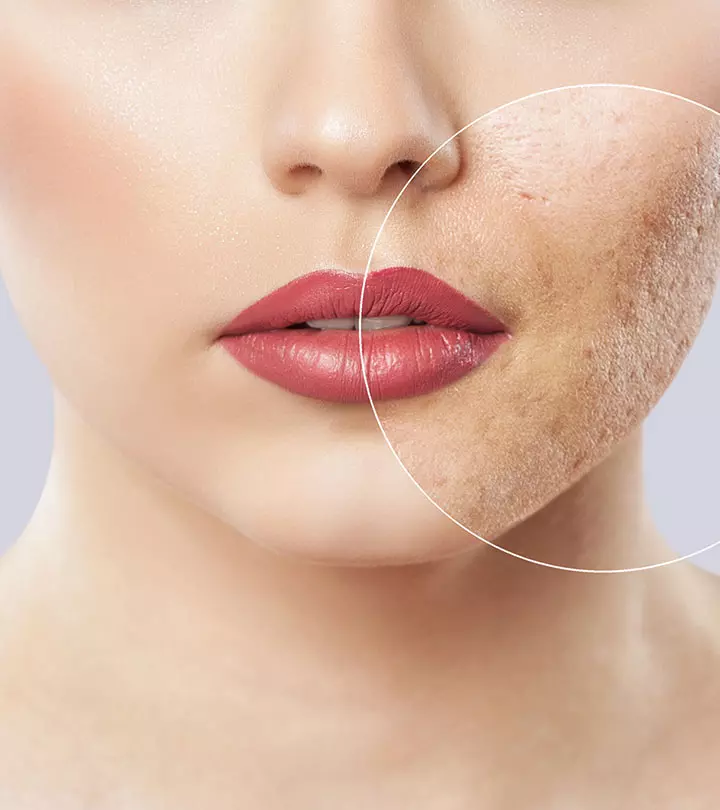

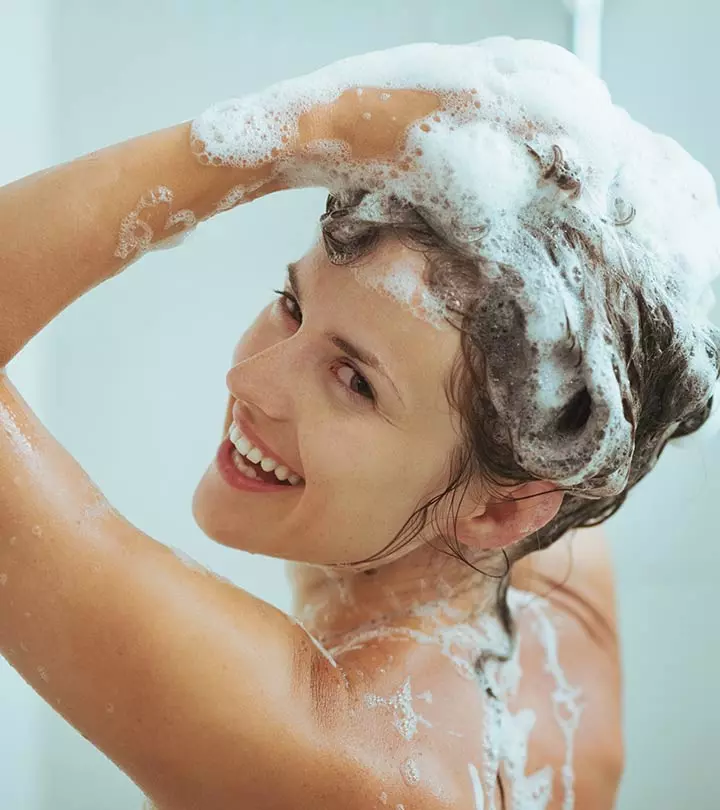
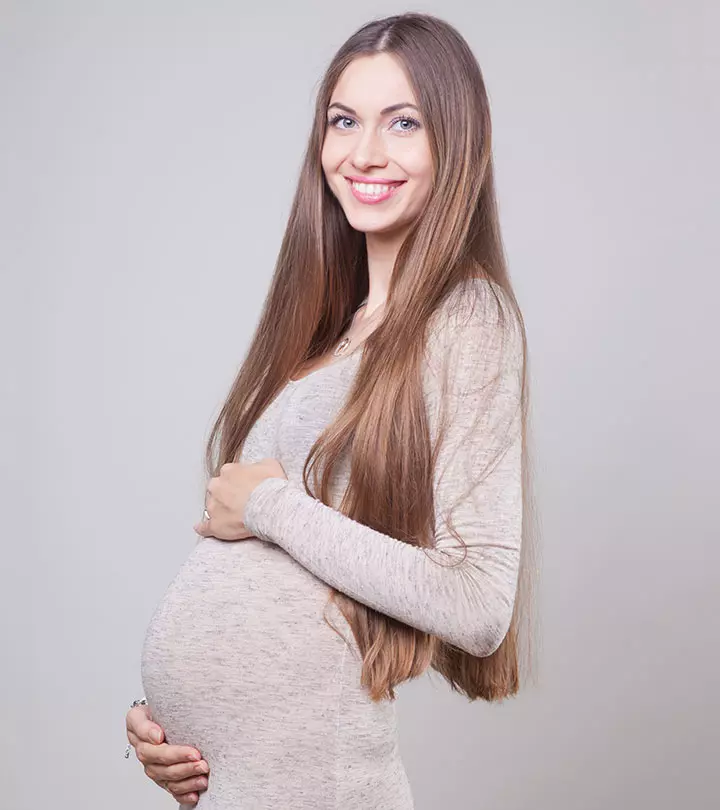
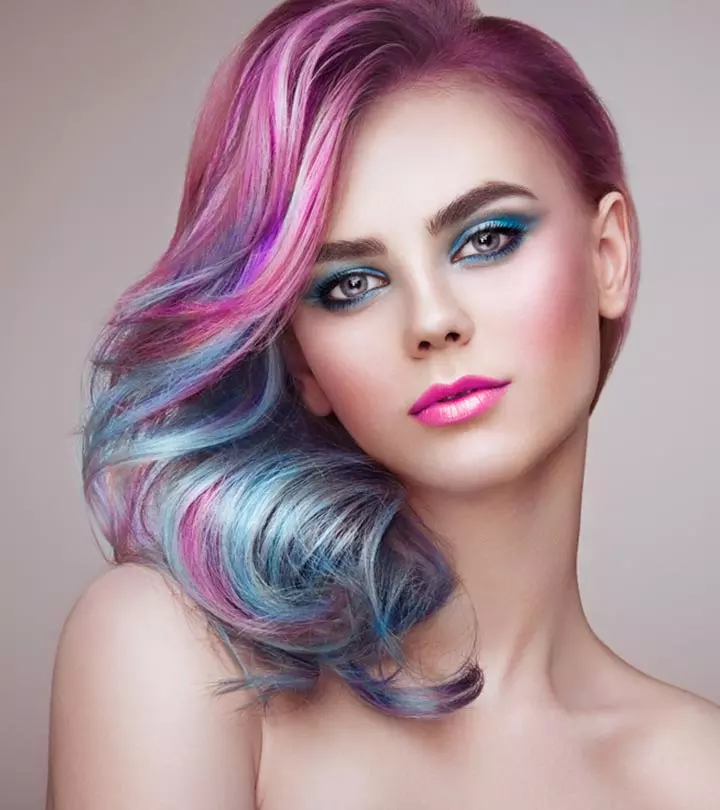
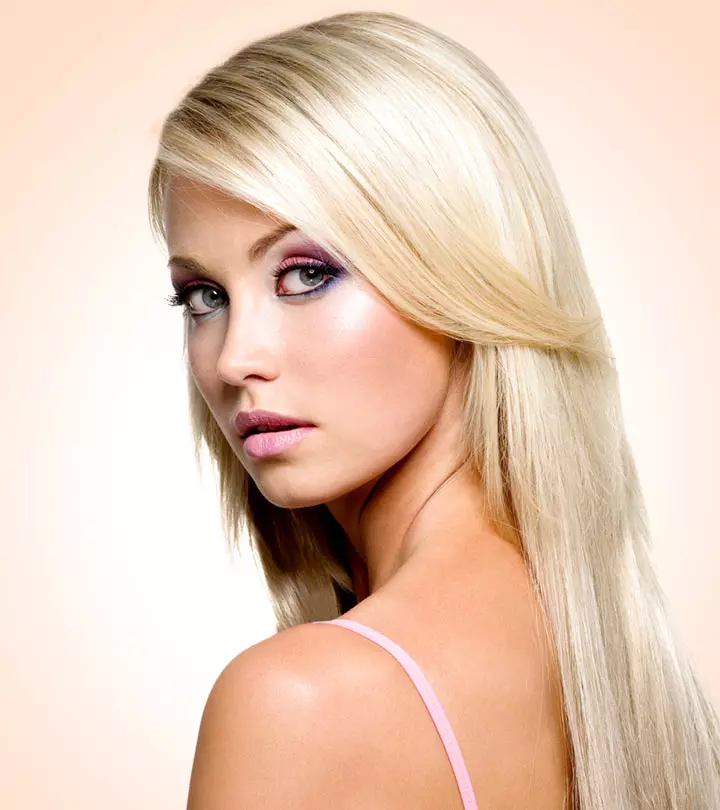
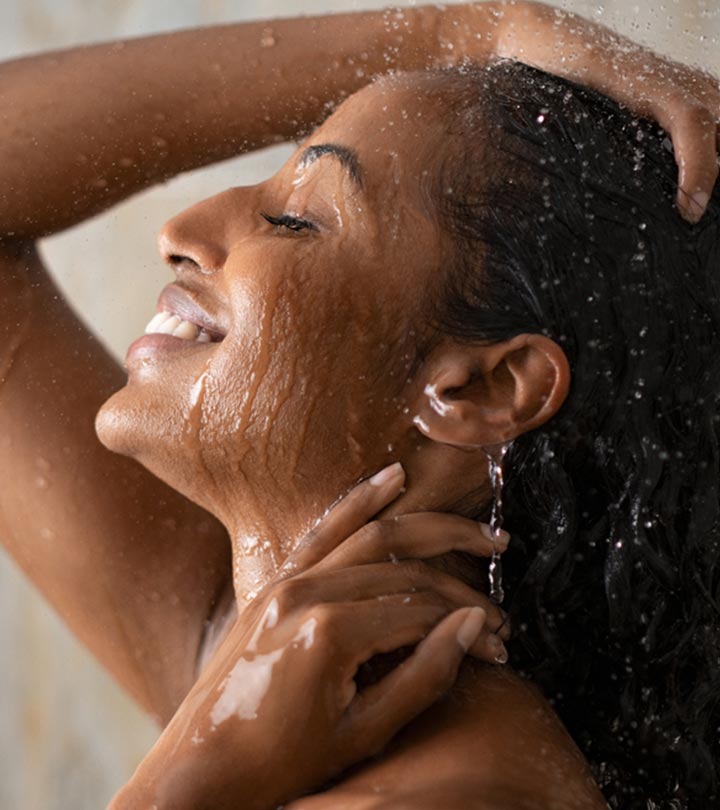
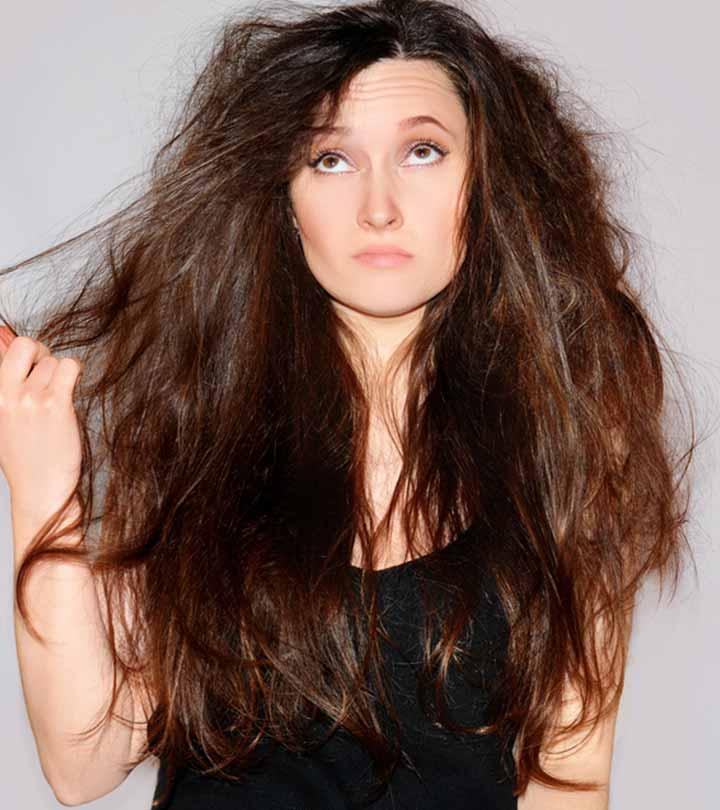



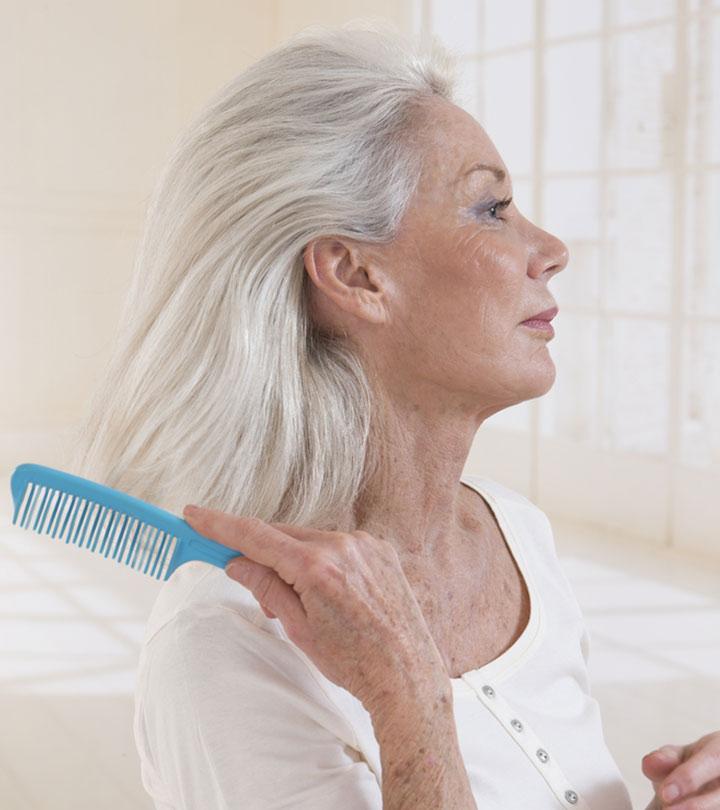
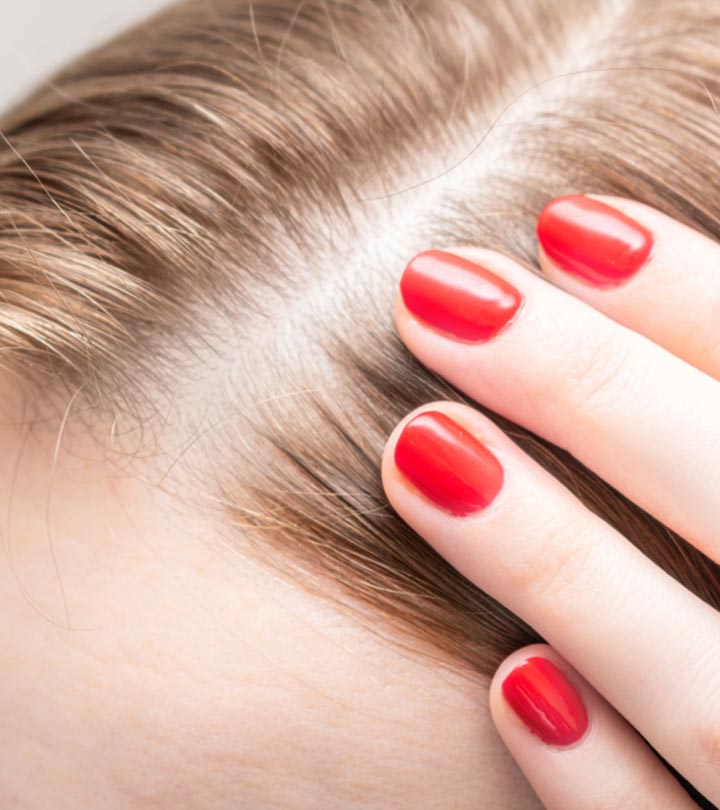
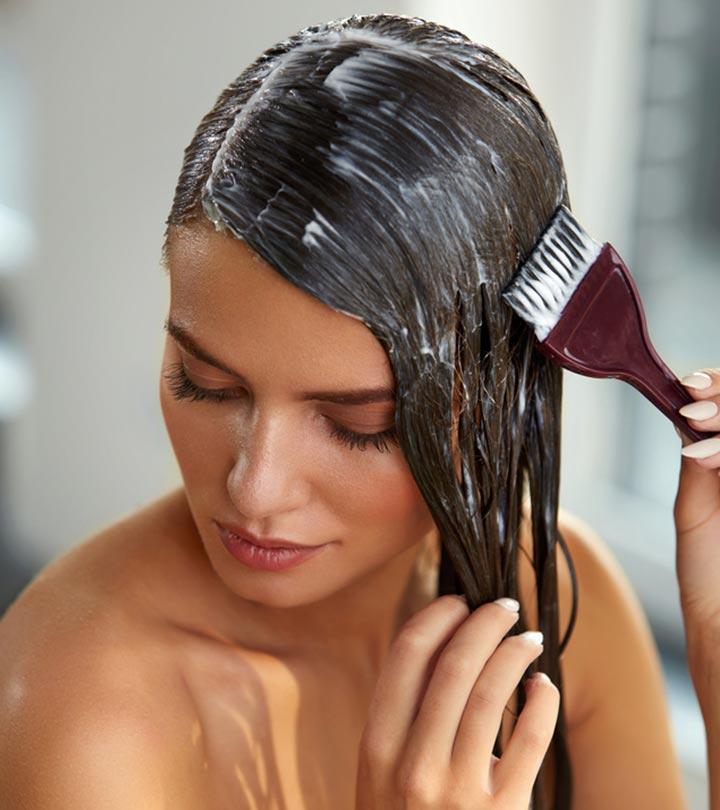
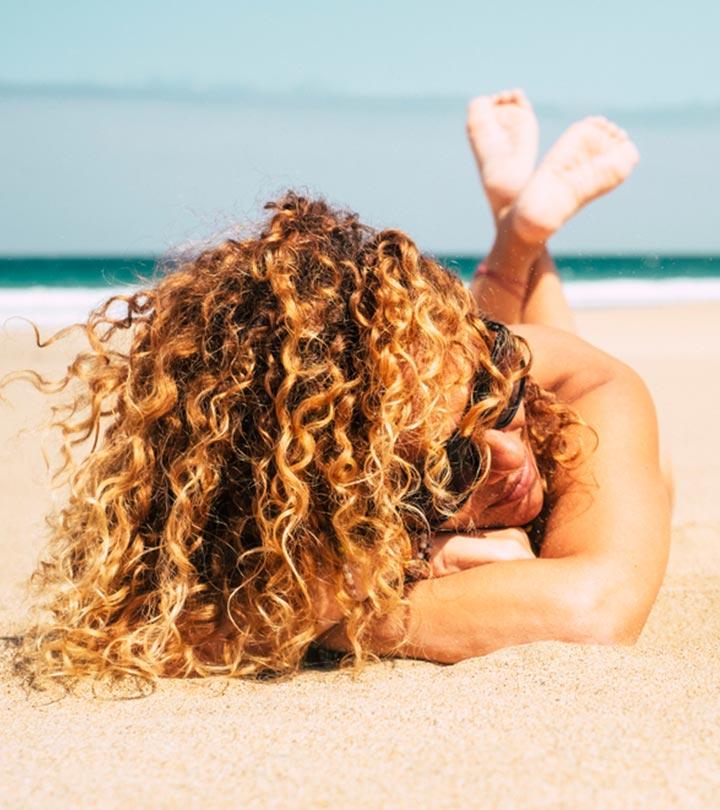

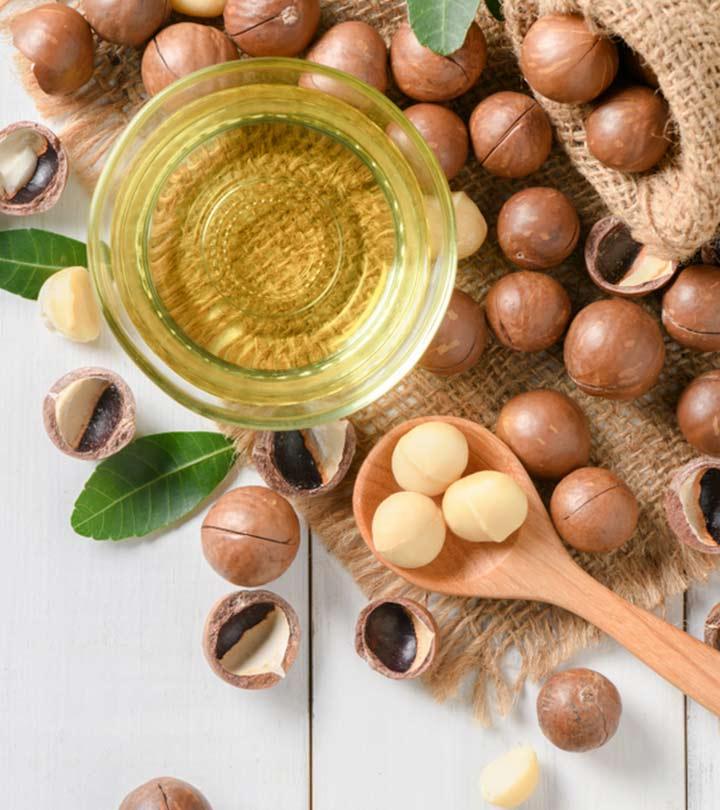

Community Experiences
Join the conversation and become a part of our empowering community! Share your stories, experiences, and insights to connect with other beauty, lifestyle, and health enthusiasts.